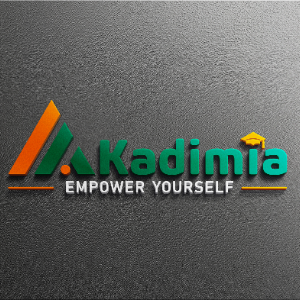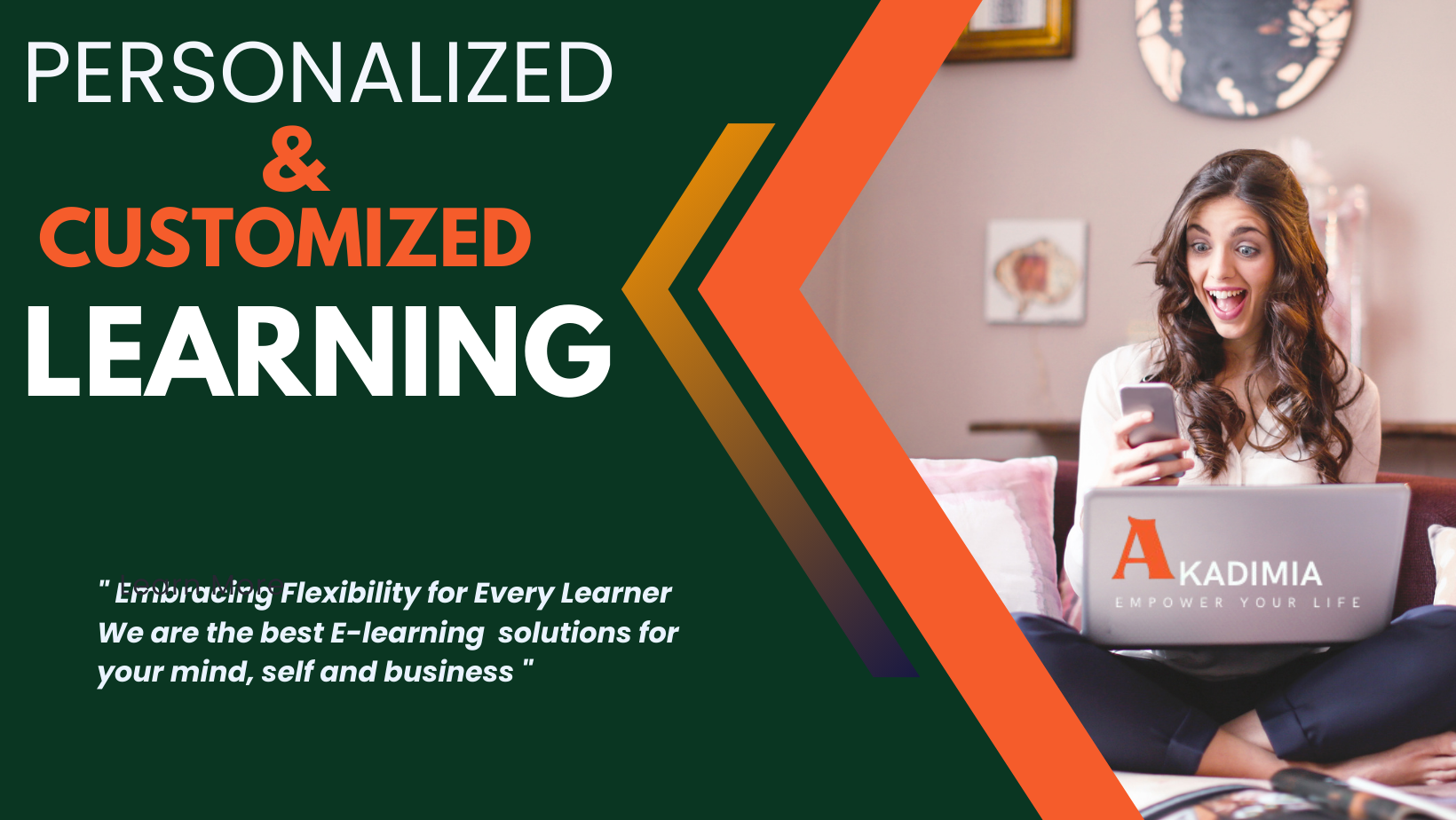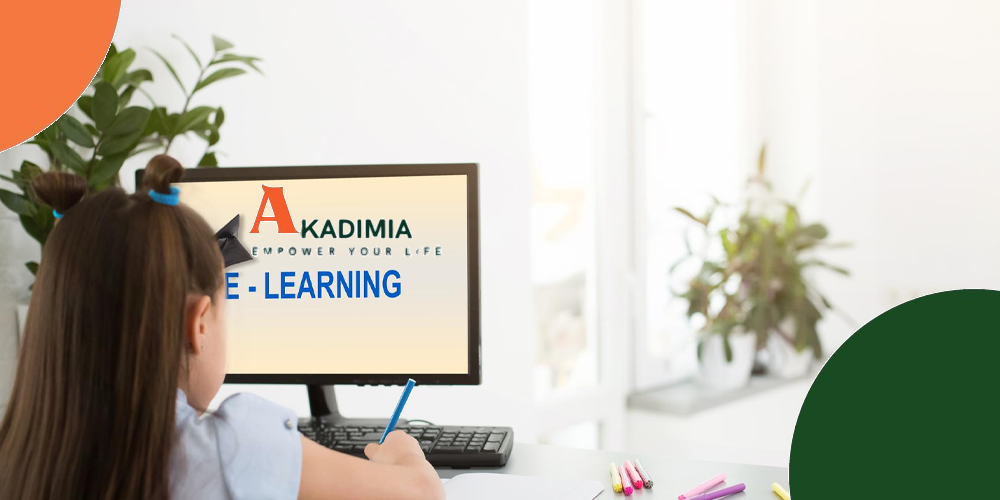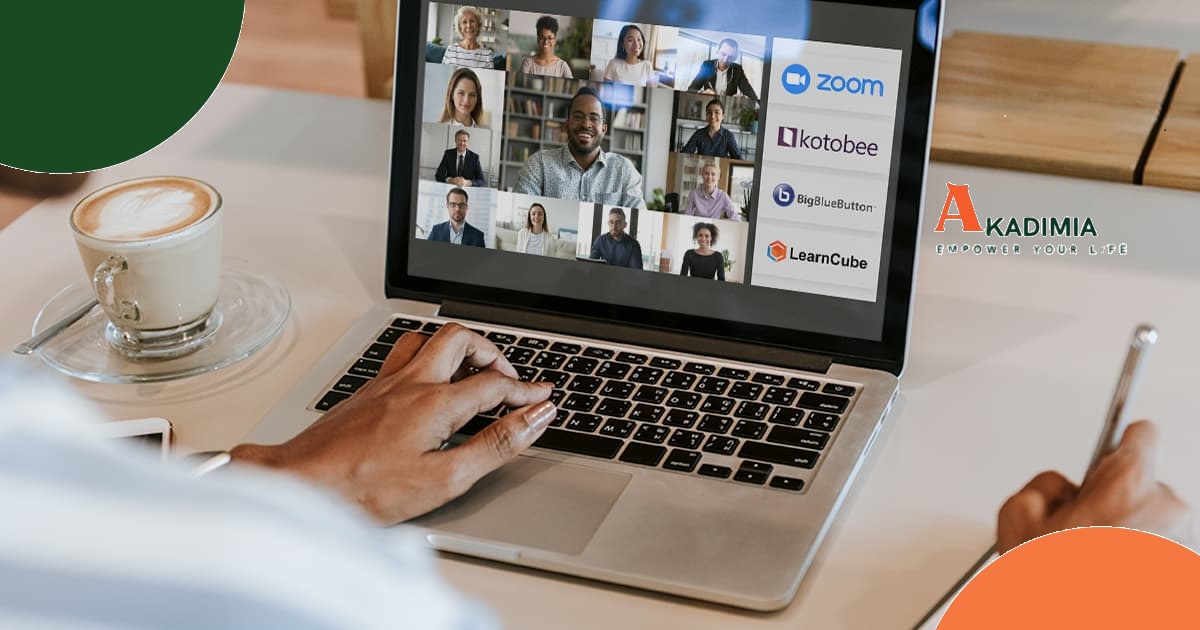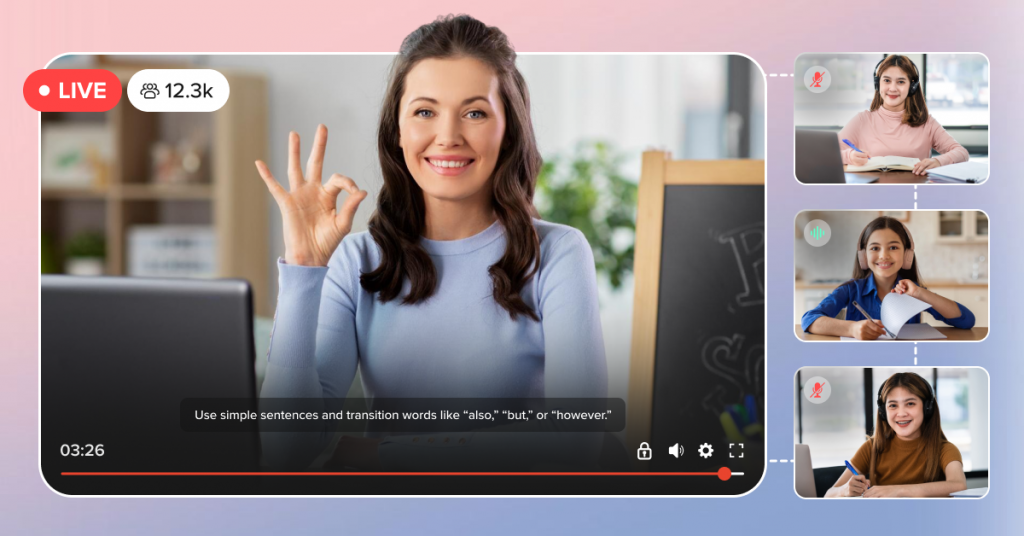Personalized and Customized Learning: Embracing Flexibility for Every Learner
In today’s fast-paced educational landscape, one size no longer fits all. Personalized and customized learning is transforming the way we acquire knowledge by acknowledging that every learner is unique. From university classrooms to online platforms, educational strategies and emerging technologies are crafting tailored learning paths that adjust to individual strengths, interests, and paces. This approach not only enhances academic engagement but also equips students with the adaptability required for lifelong learning.
Understanding the Need for Personalization
Traditional educational models often assume that all students absorb information in the same way and at the same pace. However, research and real-world experience have shown that learners have diverse cognitive styles, interests, and prior knowledge. By embracing personalized learning plans, educators can meet these differences head-on. For example, a student with a penchant for visual learning might benefit from video content and interactive graphics, while another may thrive in discussion-based and collaborative projects.
Personalized learning isn’t just about matching content to learning styles. It’s about creating a flexible curriculum that evolves with the student’s growth. When students have the power to steer their learning journey, they become more invested in understanding and applying the material, ultimately leading to a deeper and more meaningful educational experience.
Strategies for Creating Customized Learning Plans in University
One effective approach is to develop personalized learning plans that outline a clear, tailored path for academic growth. Here’s a step-by-step guide to how this might work in a university setting:
1. Assessment of Learning Needs: Begin by assessing each student’s baseline knowledge, learning preferences, and career aspirations. Tools like diagnostic tests and self-assessment questionnaires can be invaluable during this phase.
2. Setting Personalized Goals: Once educators have a clear picture of each learner’s profile, they can set individual learning goals. These goals should be both challenging and attainable, providing students with a clear direction while leaving room for personal interests.
3. Mapping a Customized Curriculum: With goals in place, teachers can design a curriculum that blends core academic requirements with elective courses and projects aligned with each student’s unique strengths. This might include integrating independent study modules, targeted workshops, and interactive online courses.
4. Continuous Feedback and Iteration: Learning is an ever-evolving process. Regular feedback sessions help ensure that the educational plan remains aligned with the student’s progress and evolving interests. Adjustments to the plan are essential to address challenges and celebrate successes.
This individualized approach not only boosts academic performance but also fosters a sense of ownership among students, making their educational journey both engaging and rewarding.
The Role of Learning Analytics in Customizing Education
Advancements in learning analytics are playing a pivotal role in the movement toward customized education. Data-driven insights provide educators with a clearer understanding of how students interact with course material. By analyzing metrics such as time spent on topics, quiz scores, and participation in online discussions, educators can pinpoint areas where a student excels or struggles. This information allows for the dynamic adaptation of the curriculum in real time.
For instance, adaptive learning platforms use algorithms to automatically adjust the content and pace based on individual performance. If a learner masters a concept quickly, the system introduces more challenging material. Conversely, if a student is having difficulty, the platform may provide additional resources, tutorials, or alternative explanations to reinforce understanding. This real-time calibration ensures that no student is left behind or unchallenged, making the learning process both efficient and personalized.
Technologies Empowering Customized Learning
Modern educational technologies are at the forefront of enabling flexible and customized learning experiences. Learning management systems (LMS) now incorporate features that support personalized lesson plans, interactive modules, and progress tracking. Virtual classrooms, simulation tools, and even augmented or virtual reality experiences are being integrated into curricula to cater to various learning styles.
Moreover, many of these platforms offer data analytics dashboards that give students and educators insight into learning progress and effectiveness. For example, recognizing that a student may learn better through a database of curated video lectures or tailored reading materials allows the educator to refine the learning path further.
The Human Element in Customized Learning
While technology and data are powerful enablers, the human element remains crucial in personalized education. The role of educators has shifted from being mere content deliverers to facilitators and mentors who inspire, guide, and adjust strategies based on real human interactions. Personalized learning fosters a collaborative atmosphere, where teachers and students work together, celebrating each small achievement and navigating challenges as a team.
Educators who integrate empathy and understanding into personalized learning can create environments where students feel valued and empowered. Ultimately, this human-centric approach not only improves academic outcomes but also nurtures curiosity and a love for learning that lasts a lifetime.
Empower Your Learning Journey Today
If you’re ready to dive into a personalized education experience, consider exploring the innovative courses and resources available at [akadimia.com](https://akadimia.com). Their platform specializes in offering flexible, tailored learning paths designed to meet diverse educational needs, whether you’re looking to book a class or buy a course that fits your unique learning style.
Personalized and customized learning is more than a trend—it’s a revolution in education. By embracing strategies that cater to individual learning styles, utilizing the power of learning analytics, and leveraging modern technologies, we create a flexible curriculum that grows with each learner. The future of education is about adaptability, human-centric approaches, and lifelong growth. Take the first step towards a more engaged, personalized learning journey today and experience the difference it can make in unlocking your full potential.
